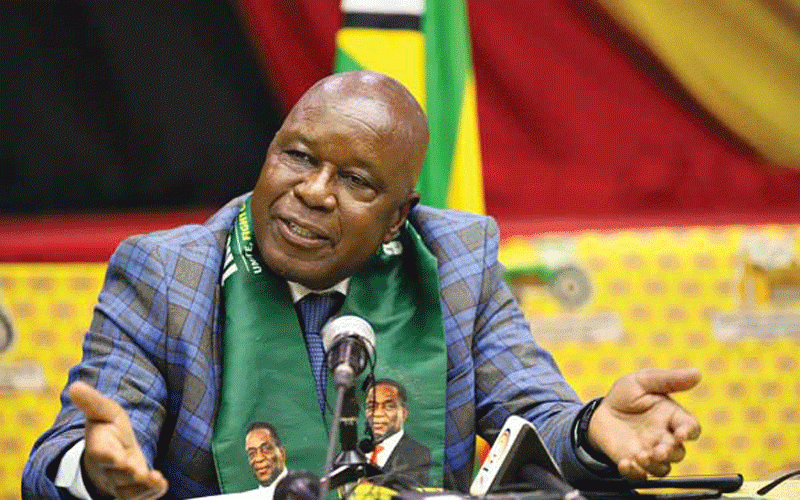
The intense struggles of the day afford little opportunity for compromise or complexity.
People are either friends or foes; thoughts are either correct or incorrect. So colour coding is a key component of the Manichean imagery.
As in the Chinese Cultural Revolution, red, the symbol for revolutionary valour, was contrasted to black, the colour of counter-revolutionary evil.
The supreme good, Chairman Mao, was none other than the “red sun”.
Therefore, the strategy of wrapping oneself in revolutionary colours at the same time that one painted the opponent in counter-revolutionary hues was one element in a whole repertoire of debating techniques that marked Cultural Revolution discourse.
Yao Wenyuan, the infamous Shanghai essayist, developed a prose style of debate widely imitated by the young Red Guards: “
The method was, first, to declare yourself a defender of Marxism-Leninism and Mao Zedong Thought; second, to pose a series of accusatory questions about your target; and third, to expose it as yet another example of counter-revolutionary infiltration of the Party.”
The high-handed manner of dispensing with one’s foes was matched by a servile, obsequious demeanour toward the ultimate authority of Chairman Mao.
- Chamisa under fire over US$120K donation
- Mavhunga puts DeMbare into Chibuku quarterfinals
- Pension funds bet on Cabora Bassa oilfields
- Councils defy govt fire tender directive
Keep Reading
A notable feature of the language of the period was of its adulation of Mao Zedong, exemplified in the widespread emulation of Mao’s writings. In addition to the ubiquitous practice of liberally citing from the Chairman’s quotations and poems, rebel writers strived to structure their own essays according to Mao’s stylistic exemplar.
Does this sound familiar?
Journalists become hesitant when they are working on certain issues in the political sector and one of those issues is the health of the President or members of his inner circle.
Elsewhere, many of the taboos on news reports were abolished under the rule of Kim Young-sam and Kim Dae-jung, after the ending of the age of authoritarian governments there.
In Zimbabwe, as is the case elsewhere, journalists become cautious when they deal with the President’s health because solid information is so hard to come by.
In addition, the destructive power of a report on such an issue is so strong.
Agreed, such reporting could dampen the activities of businesses and stock markets and stir unrest in the country.
Still, it would be irresponsible for the media and government to duck the growing number of questions about the President’s health.
In President Robert Mugabe’s case, his health has been an issue since 2002 when he was running for the presidency.
After the pace of electioneering, which saw him holding about 50 “star” rallies across the country, journalists began to notice some signs of fatigue or problems in his health.
In the last four months alone, President Mugabe (87) has had six trips to Asia for medical review.
Last Friday he reportedly left again for a private trip to Singapore.
His wife Grace, who reportedly dislocated her hip in a fall at their Borrowdale home sometime in March, is said to be receiving treatment in Singapore.
Hardly, two weeks ago, Commander of the Defence Forces Constantine Chiwenga was reportedly in China, for a review, as confirmed by Defence minister Emmerson Mnangagwa.
And each time reporters try to get the facts right about the health of the country’s top politicians, they are given a diagnosis of “no abnormalities”.
Some reporters know this is not always the case but cannot report the facts. Some want President Mugabe to win the next election; some are earnestly asked not to report the facts; some think it is too sensitive an issue to write about.
Just last week, President Mugabe was said to have been seen at the Medical Chambers in Harare. Rumours from some politicians and high-ranking government officials said the President now spends more time in his residence than in his office or that he has been undergoing medical attention.
Some rumours coming from his close associates are even more troubling. Complications could occur, politicians whisper.
“He may have to recuperate for a long time in a foreign country,” others worried.
Even in the United States, health problems of the president are often not reported to the public immediately.
Dwight D Eisenhower, a former US president, had several heart attacks during his term in office. But the president’s doctor used to say, “He is good for another 10 years,” or “He only has indigestion.”
When George W Bush fell to the floor as he choked on a pretzel, the White House hid the fact until the media pressed hard, for fear of the effect on the country and the administration.
Health problems will always dog an aged leader. It is, therefore, the responsibility of government to rebut such rumours convincingly.
The public has a right to know the condition of the health of the President.
In addition, the Constitution has no obvious guidance on the procedures and order in succession to power if the President is incapacitated.
Zimbabweans should demand full information on President Mugabe’s health and open examinations of the health of presidential candidates. Feedback:[email protected]











